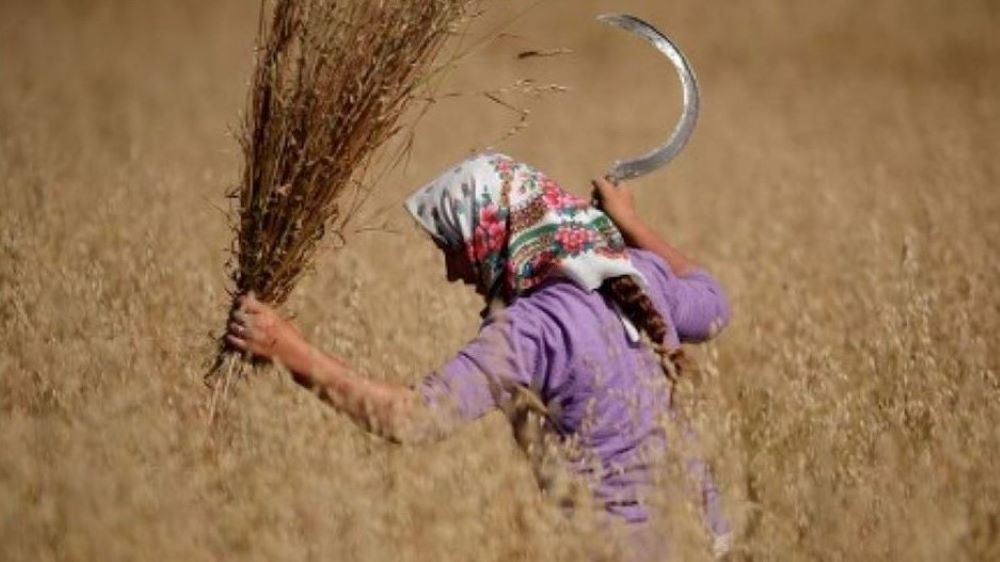Women in rural areas play a great role in all of our lives, but there remains hope that their work will be recognized more, that they will be paid more and they will have greater social security.

Slobodan Kovač
The International Day of Rural Women was established by a resolution in the United Nations in 2007 and has since been celebrated on October 15.
According to UN data, a quarter of the world’s population is made up of rural women.
These are mothers, grandmothers, sisters and daughters who have been working, building, looking after others, cooking, for centuries and were never noticed enough. And indeed, the burden of the household has always been on women’s backs. In addition to the work that was done in the house, cooking meals, sewing and washing clothes, raising children and making sure that everything was in order, they also had work on the farm that would wait for them.
Alongside men, who took care of the more difficult jobs, women were often involved in plowing, digging, collecting hay or looking after livestock. However, what made their life in patriarchal families even more difficult was that this work is understood as a daily obligation and very often goes without recognition or praise. They say that housework is the least noticeable sort of work, yet its absence is most noticeable of all.
Today we can hear a popular opinion that technological achievements and the invention of agricultural machines greatly facilitated the life of women in the countryside; especially so in lowland villages, where the use of agricultural machinery is possible and more useful. Hoes, rakes, shovels and other tools are slowly being put away, but this does not mean a reduction in work, because life in the countryside requires human hands.
Modern times have also brought the possibility for women from rural areas to get an education, to acquire knowledge and use it in everyday life. Likewise, there are numerous opportunities for additional education on improving agricultural production, starting independent businesses, as well as women’s associations. But, listening to the words of women from rural areas, they are rarely able to take advantage of these opportunities. Apart from the fact that they are not encouraged enough to believe they can do it, leaving the house and the whole household to participate in seminars, projects and other organized educational events is too much of a luxury, especially in mountain villages.
Modern Internet technologies are available to most of humanity, but that does not mean that all women from the villages of Bosnia and Herzegovina know how to use them, or better yet, how to use them to improve the quality of their life and work. They often have an aversion to it, because they feel that it is intended for younger generations or that it is simply a waste of time, which they could use for work in the field or at home.
Living in the countryside and filming reports, I had the opportunity to hear a statement that there is no household without a woman, and I would expand this sentence by saying that there is no village without a household, and there are no cities without villages – who would feed our people? That is why it is not surprising that the Day of Rural Women and the World Food Day are celebrated side by side – October 15 and 16. Women in rural areas play a great role in all of our lives, but there remains hope that their work will be recognized more, that they will be paid more and they will have greater social security. It is also important to talk about rural women and listen to their problems throughout the year, and not just on this date – if they are remembered even then.
Slobodan Kovač, political scientist, photographer and journalist, author of numerous reports from rural areas



Leave A Comment